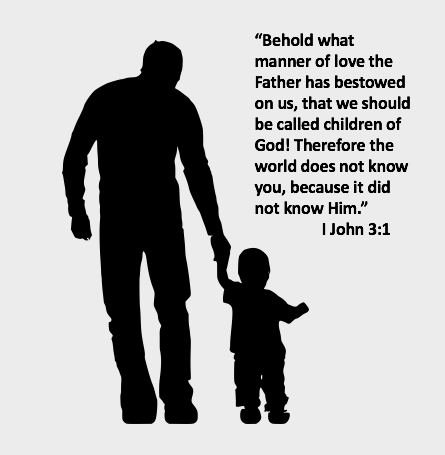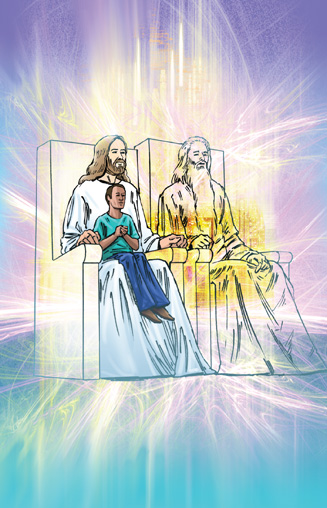“O Lord, be gracious to us; We have waited for You. Be our arm every morning, our salvation also in the time of trouble.” Isaiah 33:2
As the faithful remnant of Judah watched the destructive and treacherous Assyrian army approach Jerusalem (33:1), they prayed to the Lord to be “gracious” (compassionate and understanding) to them, not harsh or impatient with them (33:2). They had looked eagerly (“waited”) in faith for the Lord to intervene and penetrate the darkness of night at the dawn of the morning with His strength (“arm”) in a new and living way. They could be excited about the start of each day because God was their “salvation” (deliverance) from their “time of trouble” with the Assyrians.
Do you sometimes have difficulty waking up in the morning to face the day? Perhaps you have changes to deal with at work or there is a person you must face with whom you have an unresolved conflict? Maybe you have been struggling with depression and your mind tends to wander while you are still in bed? Instead of counting your blessings, you are counting your curses?
Whatever challenges you are facing, start your day with the Lord who is “gracious” and kind. God understands you and your circumstances better than anyone. This is why He can be so gracious and compassionate with you.
Do you “wait” expectantly for the Lord each morning, anticipating His strength (“arm”) to penetrate the darkness in your soul or in the world in which you live to deliver (“salvation”) you from “trouble” whether it is from your own actions or the actions of others? The Lord is waiting to assist you in the morning. Will you check in with Him through prayer?
To help the truths of this verse sink in to your heart and mind, kneel before the Lord and slowly read this verse aloud attentively. Then write the verse out in your journal and read it aloud again. Read the verse aloud again, asking “Where am I in this passage?” Replace the personal pronouns in the verse with your name. For example, I would pray, “O Lord, be gracious to Jeff; Jeff has waited for You. Be Jeff’s arm every morning, Jeff’s salvation also in the time of trouble.” Personalizing the verse in this way helps the Holy Spirit apply these truths to the emotional center (limbic system) of your brain.
Read the verse again noticing what word or words jump out at you, grabbing your attention. Focus on those words for a while. Finally, read the verse again and write out what you have observed. Ask the Holy Spirit to help you see how this applies to your life. Doing this will help renew your mind with the truth of God’s Word. Then you can write out a prayer to the Lord that helps you apply the verse to your life.
Prayer: Dear Lord, thank You that I can start every morning afresh knowing that You are gracious and strong to deliver me from trouble whether it is the result of my own decisions or the decisions of others. Nothing is too hard for You. Help me not to underestimate Your power to change me or my situation. In Jesus’ name. Amen.










